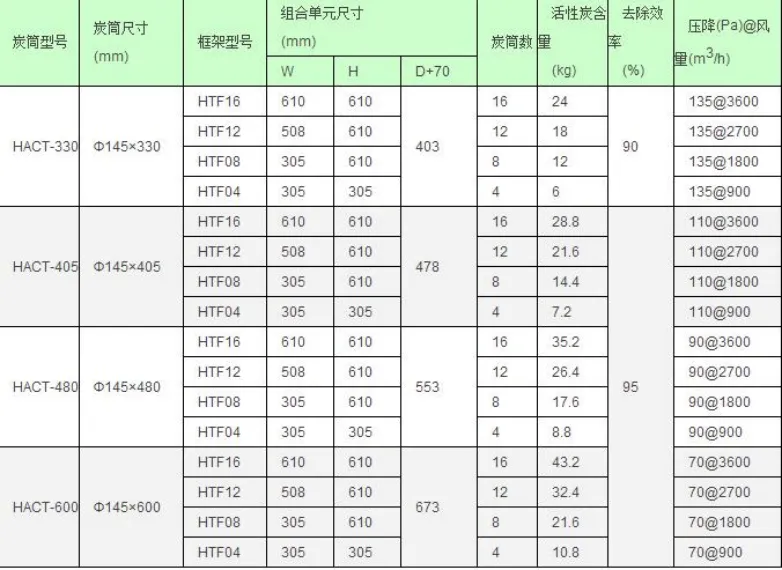 Tel:
+8615930870079
Tel:
+8615930870079
Jul . 28, 2024 08:38 Back to list
Optimizing Air Filtration Systems for Enhanced Performance in Gas Turbine Applications
The Importance of Air Filters in Gas Turbines
Gas turbines are pivotal in the energy sector, primarily used for electricity generation, aviation engines, and in various industrial applications. One of the critical components that contribute to the efficient and reliable operation of gas turbines is the air filter. Although it may seem like a simple part, the air filter plays a crucial role in ensuring the performance and longevity of a gas turbine.
Function of Air Filters
The primary function of an air filter is to remove particulates and contaminants from the air that enters the turbine. The air intake system of a gas turbine is designed to draw in large volumes of air to support the combustion process. However, the air can carry dust, dirt, pollen, and other pollutants that can harm the turbine’s components. Without a quality air filter, these contaminants can lead to various issues, such as erosion of the blades, fouling of heat exchangers, and reduced efficiency.
Types of Air Filters
Air filters for gas turbines typically come in various designs and materials to cater to different operational environments and requirements
. Some common types include1. Panel Filters These are the most common type of air filters used in gas turbines. They consist of a flat design and can accommodate multiple filter layers to capture larger particles.
2. Bag Filters These filters provide a larger surface area, making them efficient for capturing fine particulate matter. They are particularly effective in industrial settings where air quality can be compromised.
3. Cylindrical Filters Often used in more compact turbine designs, cylindrical filters can provide high filtration efficiency in a smaller package.
gas turbine air filter

4. HEPA Filters In environments that demand the highest air purity, High-Efficiency Particulate Air (HEPA) filters may be employed. These filters can remove up to 99.97% of airborne particles, making them suitable for sensitive applications.
Impact on Performance and Efficiency
The cleanliness of the air entering the turbine directly affects its performance. Contaminated air can lead to decreased efficiency, increased fuel consumption, and higher emissions. A clogged air filter can restrict airflow, resulting in a drop in power output and increased operating temperatures. Regular maintenance and timely replacement of air filters are thus essential to prevent these issues and maintain optimum operational efficiency.
Maintenance Practices
Effective maintenance of air filters is crucial for the sustained operation of gas turbines. Operators should implement regular inspection schedules to monitor the condition of filters. Depending on the operational environment, filters may need to be cleaned or replaced at regular intervals. In harsh environments, such as those with high levels of dust or industrial pollutants, more frequent changes may be required.
Additionally, advancements in filter technology, such as pleated designs and electrostatic filtering, can enhance performance and extend service life. Utilizing these innovations can lead to lower operational costs and reduced downtime for maintenance.
Conclusion
In summary, air filters are an indispensable part of gas turbine systems. They protect the turbine from damaging contaminants, enhance operational efficiency, and contribute to environmental compliance by reducing emission levels. Companies must prioritize the maintenance and replacement of air filters to ensure their gas turbines operate at peak performance. As the demand for clean and efficient energy continues to grow, investing in high-quality air filtration systems will be increasingly vital for the resilience and reliability of gas turbines in various applications.
-
Types and Applications of Air Filtration CartridgesNewsJul.28,2025
-
The Role of Gas Turbine FiltersNewsJul.28,2025
-
Mastering Air Filter Cartridge UseNewsJul.28,2025
-
Advanced Turbine Filters for Modern Gas TurbinesNewsJul.28,2025
-
Cellulose Air Filter Cartridge Advantages in Dust FiltrationNewsJul.28,2025
-
Cellulose Filters for Air Particle ReductionNewsJul.28,2025

 Email:
Email:





